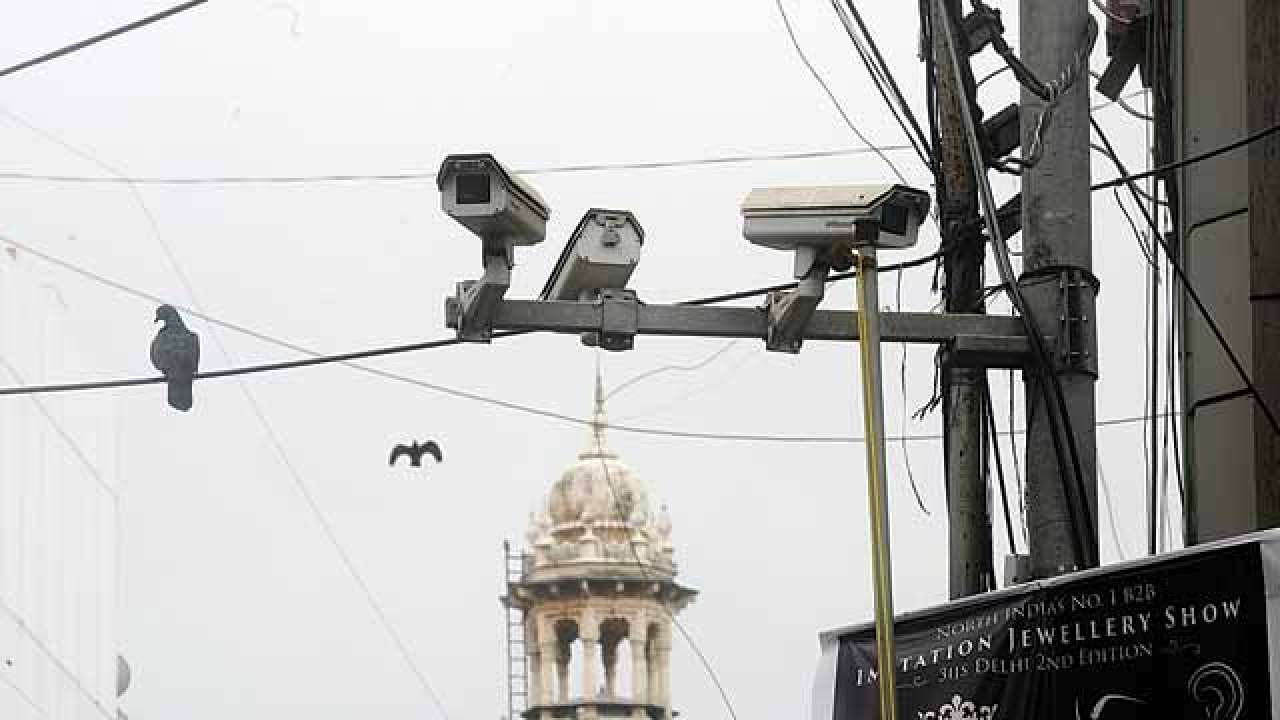
Last week it was reported that all the CCTV cameras were switched off during Jayalalitha’s hospitalisation for the entire 75-day period. Serious issues have been raised as there are emerging legal and ethical challenges in the medical profession. What can be the legal boundary within which a medical professional is expected to work and is forbidden to transgress that boundary in any case? The same is true about the ethical boundary within which the medical professional must remain.
The question arises whether it is possible to define these boundaries clearly and in a manner which makes these boundaries static? The answer to this question unfortunately is that the boundaries for both legal and ethical conduct are difficult, or at times impossible, to be clearly and consistently defined to remain in a static manner.
Thus, one of the biggest challenges to be faced by the medical professionals is that they have to work for their patients without really knowing the legal and ethical periphery within which they need to remain so as to be understood to be taking care of not transgressing these boundaries. The hospital administration which is responsible for the medical care as well as all the related issues has to be in compliance with the legal and regulatory framework, which in a realistic manner may not be the same for the common person and the very important persons, VIPs.
With changing times and availability of ever-advancing technology, the gap between the absolute discretion and laid down protocol leaving no room for exercise of discretion, or minimal need to exercise it, is narrowing at a rapid pace. It is one of the important safeguards for medical professionals in litigious societies. When hospitals and doctors are denied the safeguard and camera footage is not made available – as it was never recorded – intention of decision making powers needs to be questioned.
The most important aspect for medical professionals is that they are dealing with human life, and unlike any of the tangible goods – for example a car, computer, mobile phone, etc. – or any of the services – for example laundry, banking, insurance, hotel, travel, etc. – human body cannot be created in a factory – though there are efforts to make different organs of the body artificially as spare parts and also to provide intelligence to machines and robots, rightly called artificial intelligence – and that is why human life and body are the biggest gifts of the Almighty or the mother nature or the superpower – by whatever name one may prefer to call that source of infinite power and energy.
That is precisely the biggest difference between medical professionals and any other professional, and it answers very well all those doubts and queries which an anxious medical professional being questioned by the keepers of the legal and ethical boundary asks in any case of alleged remiss or amiss.
One of the controversial cases being discussed very often among the medical professionals currently is that of Dr Hadiza Bawa-Garba in the United Kingdom who has been convicted of manslaughter due to gross negligence as a six-year old patient with Down’s syndrome had died. There are all those issues being raised which deal with immense pressure of work leading to time constraints, lack of documentation, delay due to system or a wrong judgement of the person involved at that moment, not starting antibiotic at the right time, not calling her senior at the right time, etc. Medical negligence on the part of the doctor and the hospital must be established without leaving any scope for any reasonable doubt.
Another case which is being discussed along with Dr. Bawa-Garba’s case is that of Montgomery The UK Supreme Court had awarded a compensation of £ 5.25 million – a huge sum of money if converted to Indian currency, and even in the UK.
The author is a professor at IIM-A, akagarwal@iima.ac.in